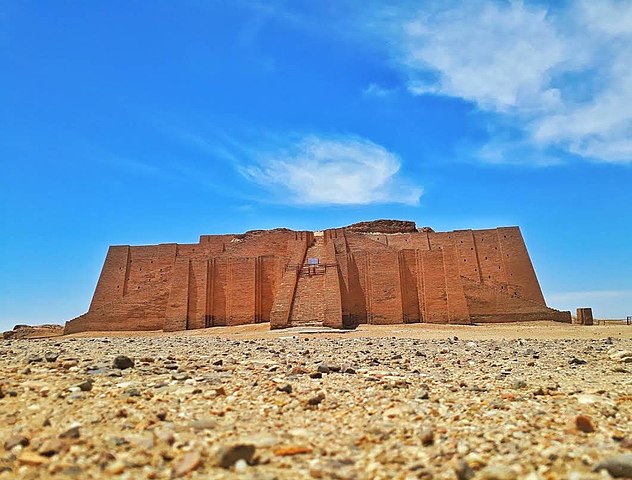OutSky
Jedi Master
Okay, could we at this point conclude that our Cassiopaeans usually leave us some clues for a deeper learning by our own? That is, their answers may contain more than look like at first sight?—this Session: on January 13th 2024—
Q: (Altair) Did Troy ever exist as a town?
A: Yes
Q: (Altair) And if so, where was it located?
A: England.
Anyway, just for fun we could start a crude etymology taking a close look in this word “england.” Well this is same as “Eng Land” or “Land of Eng.” Could this “eng” have originated from the Germanic Saxon language? It seems likely, right? But why to ignore the Cambrian part of Britain? So, in Welsh “eng” means “space.” A space like a room somewhere? Okay, back to Saxon such word can be translated from German “eng” like “confined” or even “tight.” Thus, a “confined room”? Now, where in hell we will figure such words? Let’s keep looking into.
And speaking in wordplay, what can be obtained from “tight”? See, the C’s have repeatedly encouraged us to play with similar sounds and letters. So, “tight” is almost “thight,” and then... “thigh”? Have the C’s mentioned thigh somewhere? The large bone of the hip that attaches the thigh is called Ilium. Ilium also is the Latin name of Troy city. See why “Iliad”? Amusing.


But, and if “Eng” were somebody, who could be? What sound or spelling likens to it? maybe from an ancient language? Remember, the C’s already confirmed that all languages derives from a common source. Now, some scholars have reasoned Troy at the Semitic Mesopotamia. Yet considering England or Britain, as C’s told us, how could that center the “case,” unless perhaps its mythical roots may assist the comb? Just some thoughts.

